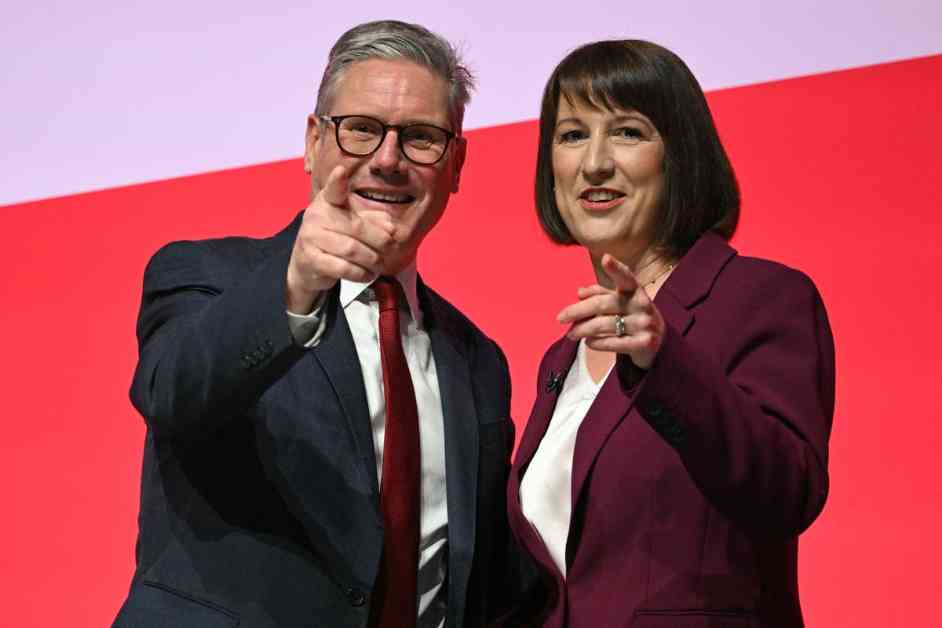The upcoming Budget announcement by Rachel Reeves has been highly anticipated, with speculation swirling around potential tax increases and spending cuts to address a significant public spending shortfall. With Labour warning of “tough decisions” ahead to balance the books, Prime Minister Sir Keir Starmer has acknowledged that the measures will be “painful” but necessary given the current economic situation.
One of the key areas of focus for Labour is the reform of the business rates system, with a commitment to creating a fairer system that generates revenue equitably. While the specifics of this reform have not been detailed, the party aims to level the playing field between traditional high street businesses and online giants, incentivize investment, address vacant properties, and support entrepreneurship. This reform is expected to have a net zero financial impact, ensuring that the revenue generated remains consistent.
On the topic of fuel duty, there have been discussions about potentially reversing a 5p cut implemented by the Conservatives in 2022. Scrapping this cut could generate an estimated £2 billion in revenue for the government, although it may lead to higher costs for motorists in the short term. The fuel duty represents a significant source of income for the government, contributing £24.7 billion in 2023-24, equivalent to 2.2% of total receipts.
In light of recent developments, including a drop in inflation below the Bank of England’s 2% target for the first time in over three years, Rachel Reeves is faced with the challenge of finding £40 billion in tax increases and spending cuts in the upcoming Budget. The decrease in inflation has been viewed as a positive development for the chancellor as she prepares for what is expected to be a difficult fiscal announcement.
Furthermore, there have been discussions about potential welfare spending cuts as part of Labour’s efforts to reduce the government’s welfare bill. Measures such as cracking down on benefit fraud and reforming disability benefits through programs like PIP or WCA are being considered to achieve savings of £1.6 billion over the next five years.
As the Budget announcement approaches, there is a growing interest in what measures will be introduced by Rachel Reeves. Some have called for support for homeowners through schemes like Freedom to Buy, while others advocate for closing tax loopholes such as abolishing non-dom status to create a fairer tax system. The upcoming Budget is expected to be a critical event that will shape the economic landscape for the foreseeable future.












